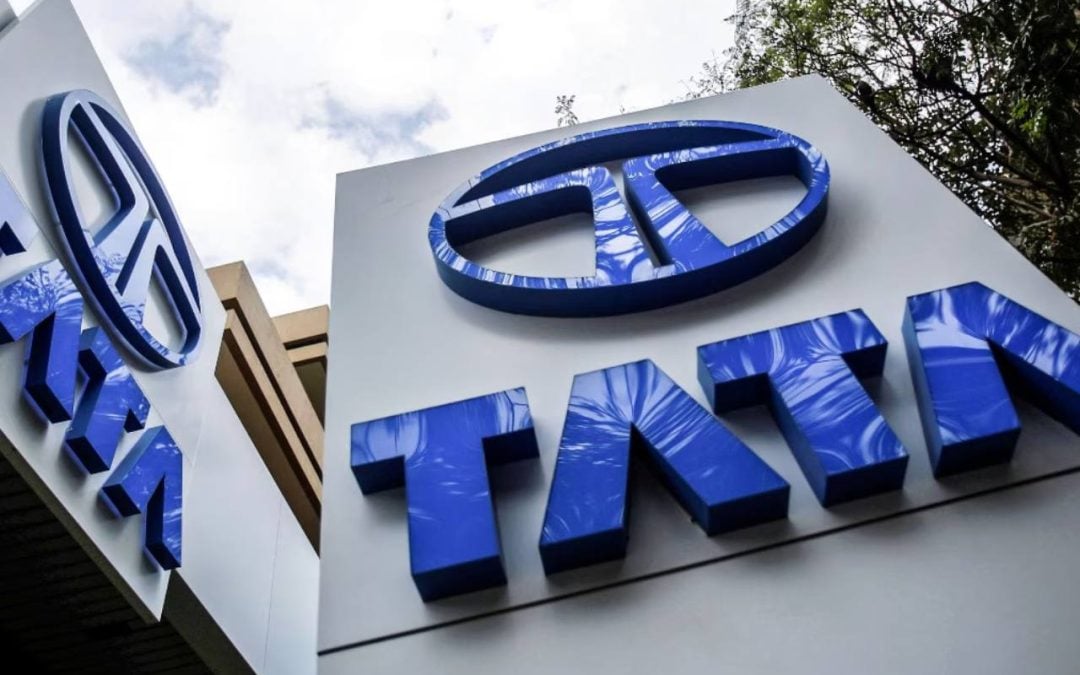A leading telecommunications giant known for its mobile and broadband services has halted discussions to merge with a major conglomerate’s Direct-to-Home (DTH) division. After failing to reach mutually agreeable terms, both parties have decided to abandon the proposed deal, leaving the competitive dynamics of the DTH sector unchanged for now.
Bharti Airtel Limited’s stock, with a market capitalisation of Rs. 10,67,491 crores, went up to Rs. 1,873.50 during intraday trading, up 1.1 percent from its previous closing price of Rs. 1,851.90. The stock has delivered returns of 45.7 percent over the past year.
What Happened
Bharti Airtel and Tata Group’s Tata Play have ended merger talks that aimed to combine their direct-to-home (DTH) services. If successful, the deal would have created India’s biggest DTH company.
Airtel announced the decision in a late Saturday stock market filing, explaining that both sides could not agree on important parts of the agreement. Earlier in February, Airtel had shared plans to buy Tata Play’s DTH and broadband businesses. However, after months of discussions, disagreements on crucial issues like pricing or future strategy forced them to stop negotiations. Airtel stated the decision was mutual, as neither side found a workable solution to move forward.
Also read: From Meme to Miracle: Riyan Parag Smashes 6 Sixes and Makes His Dream Come True
DTH Industry Outlook
India’s DTH sector faces significant challenges as subscribers continue to decline, dropping 8.3 percent year-over-year to 58.22 million by December 2024. This downward trend is primarily driven by the rising popularity of streaming platforms, which now offer even premium sports content like IPL through accessible ad-supported models.
Looking ahead, industry leaders Tata Play (31.49 percent market share) and Airtel Digital TV (29.89 percent) will need to innovate to remain competitive. The future likely holds further consolidation, with traditional DTH providers potentially integrating streaming services into hybrid offerings. Companies that can adapt with flexible pricing, exclusive content, and enhanced user experiences will be best positioned to survive this digital transformation.
Financial Highlights
In Q3FY25, the company reported revenue of Rs. 45,129 crore, marking a growth of 19.1 percent YoY from Rs. 37,900 crore and 8.8 percent QoQ from Rs. 41,473 crore. Net profit surged significantly to Rs. 16,135 crore, up 460.8 percent YoY from Rs. 2,876 crore and 288.4 percent QoQ from Rs. 4,153 crore, indicating robust operational performance and substantial margin expansion.
The company currently trades at a P/E of 56, notably higher than the industry average of 39, indicating premium valuation. Its debt-to-equity ratio stands at 2.59, reflecting significant financial leverage, which is a common trait in the capital-intensive telecom sector due to heavy investments in infrastructure such as towers and spectrum. While the high ratio signals elevated risk, it aligns with industry norms. FY25 Q4 results are expected to be released on 13th may 2025
Written by – Fazal
Disclaimer

The views and investment tips expressed by investment experts/broking houses/rating agencies on tradebrains.in are their own, and not that of the website or its management. Investing in equities poses a risk of financial losses. Investors must therefore exercise due caution while investing or trading in stocks. Dailyraven Technologies or the author are not liable for any losses caused as a result of the decision based on this article. Please consult your investment advisor before investing.





